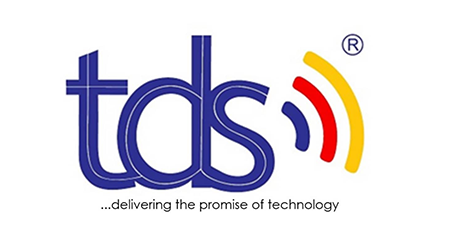
As energy costs continue to rise, businesses are seeking smarter, more cost-effective ways to power their operations. Renewable energy is no longer just an option, it’s a necessity for businesses looking to reduce costs, enhance sustainability, and stay competitive.
With Nigeria’s unstable power grid and increasing fuel prices, solar power, hybrid energy systems, and energy-efficient technologies are now vital solutions. But how can businesses effectively transition to renewable energy without breaking the bank?
The Cost-Saving Benefits of Renewable Energy
Switching to renewable energy can significantly reduce operational costs in the long run. Here’s how:
- Lower Electricity Bills:
- Solar energy systems drastically cut monthly energy expenses.
- Businesses can generate their own electricity, reducing dependency on unreliable power grids.
- Reduced Fuel Dependency:
- Generators are expensive to maintain, and fuel costs keep rising.
- Hybrid solar-generator systems provide cost-effective backup power while reducing diesel consumption.
- Government Incentives & Tax Benefits:
- The Nigerian government offers tax credits and incentives for businesses adopting clean energy solutions.
- Programs like the Rural Electrification Fund (REF) support businesses in adopting solar solutions.
- Low Maintenance Costs:
- Solar panels and other renewable energy systems require minimal maintenance compared to traditional power sources.
How Businesses Can Transition to Renewable Energy
Assess Your Energy Needs:
- Conduct an energy audit to determine how much power your business consumes daily.
Choose the Right Renewable Energy System:
- Solar Power: Best for long-term sustainability and cost savings.
- Hybrid Systems: A mix of solar and backup generators for 24/7 power.
- Energy Storage (Batteries): Store excess power for nighttime or low-sunlight hours.
Partner with a Trusted Energy Provider:
- Work with TDS Tech NG to design and install custom solar and hybrid energy solutions tailored to your business.
Monitor & Optimize Energy Usage:
- Use smart energy management systems to track consumption and optimize efficiency.
Government Initiatives Supporting Renewable Energy
The Nigerian government has implemented several policies and incentives to encourage the adoption of renewable energy:
- Rural Electrification Fund (REF): Established under the Electric Power Sector Reform Act of 2005, REF aims to promote, support, and provide rural electrification through public and private sector participation.
- National Renewable Energy and Energy Efficiency Policy (NREEEP): This policy seeks to increase the share of renewable electricity in Nigeria, aiming for 23% by 2025 and 36% by 2030. It includes incentives such as a moratorium on import duties for renewable energy technologies.
- Electricity Act 2023: The Act introduces mechanisms to incentivize investment in renewable energy projects, such as feed-in tariffs and tax incentives, to attract investors in the power sector.
The Future of Renewable Energy in Nigerian Businesses
With increasing awareness and technological advancements, businesses that invest in renewable energy gain a competitive edge. By reducing operational costs and promoting sustainability, companies can improve their bottom line while contributing to environmental conservation.
Get Started with Affordable Renewable Energy Solutions Today!
At TDS Tech NG, we provide tailor-made renewable energy solutions for businesses of all sizes. Whether you need a solar power system, hybrid backup solutions, or energy management consulting, we’ve got you covered.
Cut costs, stay sustainable, and future-proof your business with TDS Tech NG.
Contact us today for a free consultation! Email: [info@tdstechng.com] Visit: www.tdstechng.com



